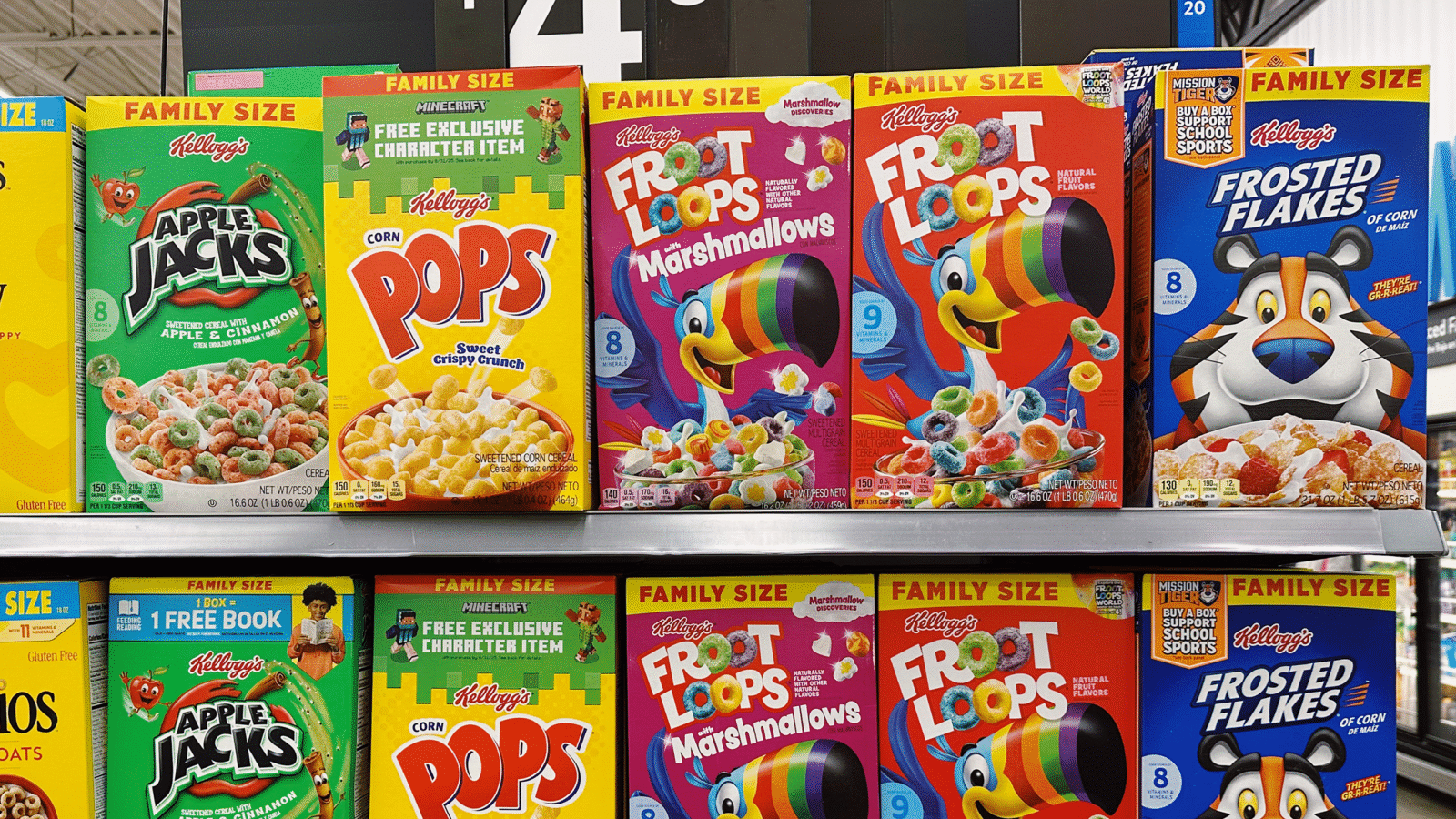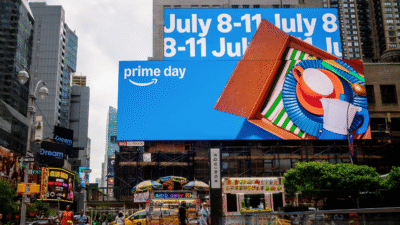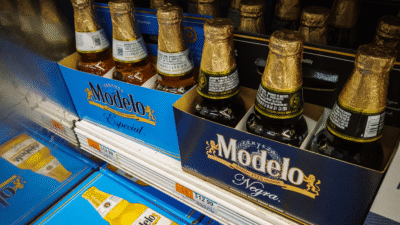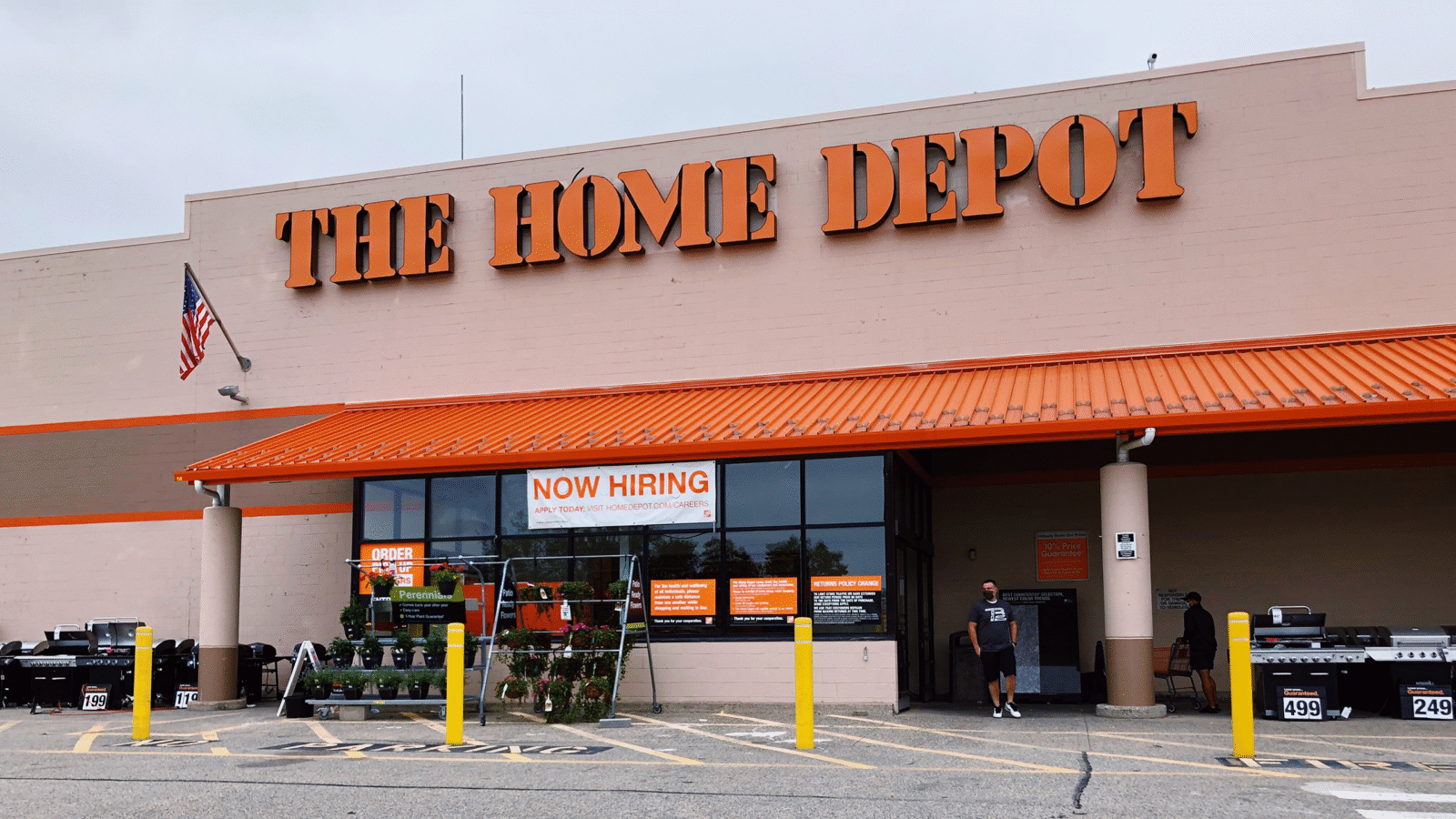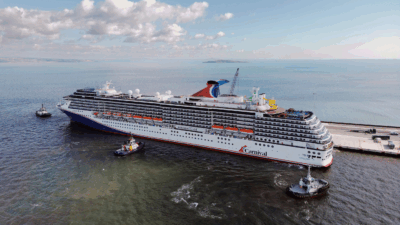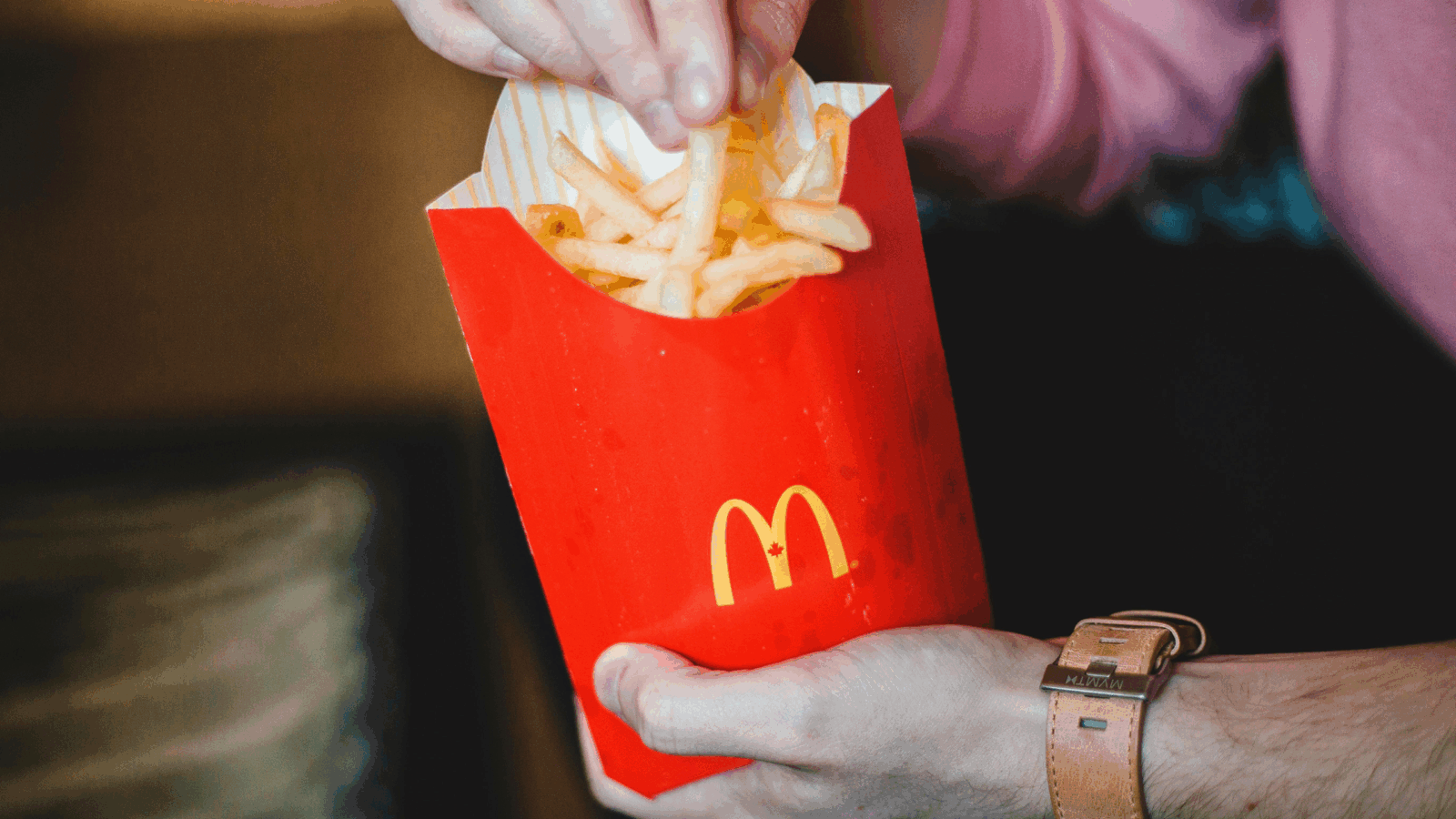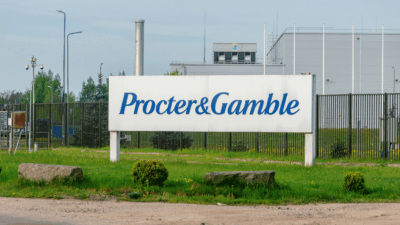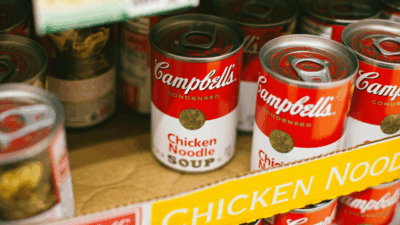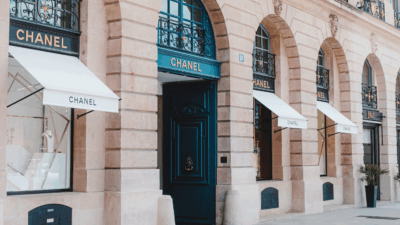Pepsi Agrees to Buy Trendy Soda Startup Poppi for Nearly $2 Billion
Poppi is a “Shark Tank” success story made with prebiotics and fruit juice that touts itself as a healthier alternative to traditional sodas.
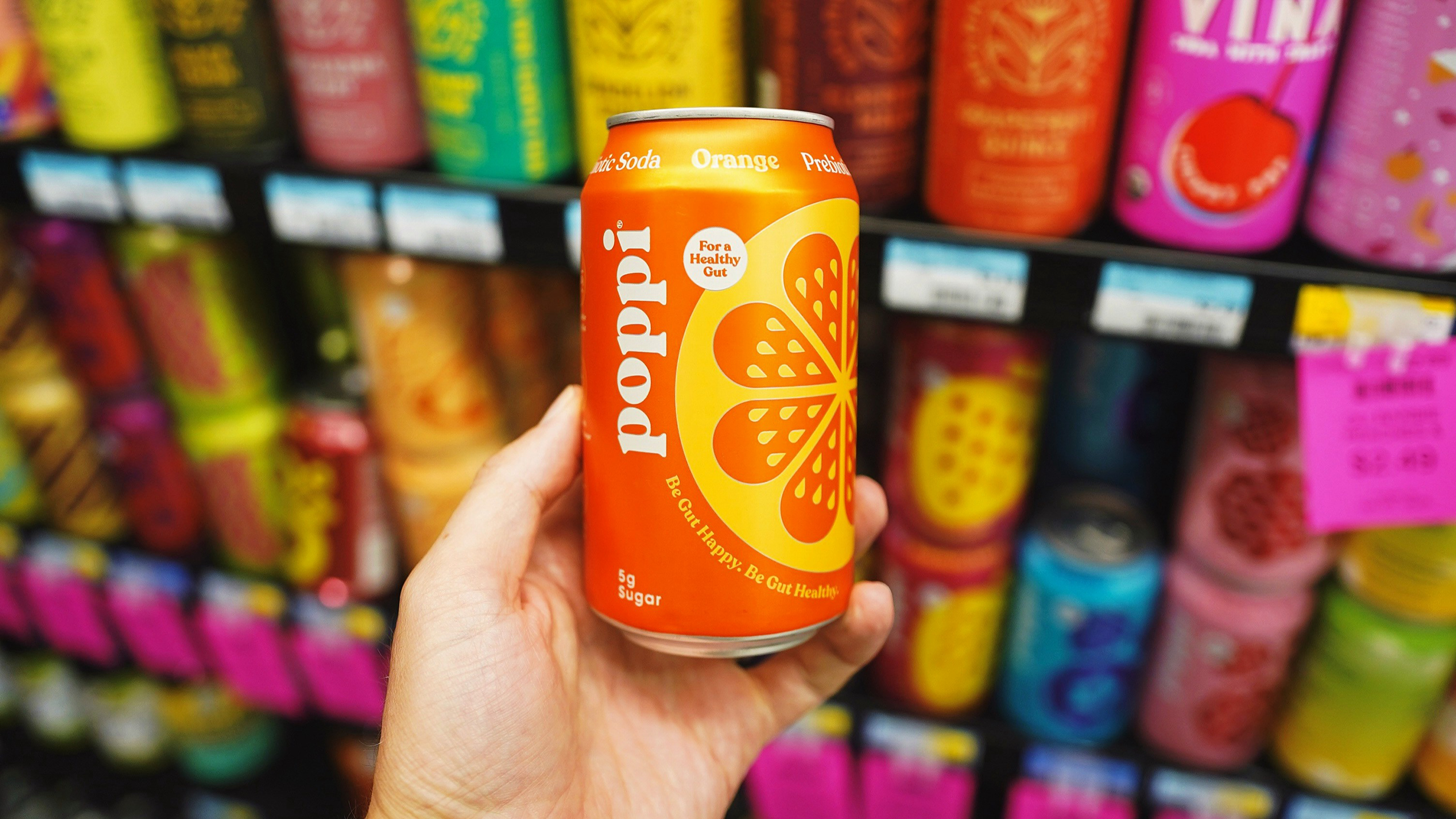
Sign up for smart news, insights, and analysis on the biggest financial stories of the day.
Pepsi cracked open an ice cold deal, announcing yesterday that it’ll purchase prebiotic soda startup Poppi for almost $2 billion. The deal also has built-in performance milestones that will require Pepsi to pay more if and when Poppi hits them.
Some backstory: Poppi’s a “Shark Tank” success story that was first made in a home kitchen and sold at farmer’s markets before being discovered and rebranded by Shark investor Rohan Oza. The low-calorie beverage is made with prebiotics, fruit juice, and apple cider vinegar and touts itself as a healthier alternative to traditional sodas. (Fun fact: Prebiotics are what probiotics eat, like whole grains and fruits.) PepsiCo said that as of last month, Poppi holds a 1% share of the bubbly soft drinks market.
Meanwhile, PepsiCo missed revenue expectations last quarter as North American shoppers skipped out on snacks and drinks. Beverage volume in the region fell 3%. Soda consumption’s been going flat for two decades, but new brands that claim to be healthier could fizz up the category.
Filling Up the Cooler
Prebiotic pop is on the upswing, and Olipop could be Poppi’s biggest rival. The prebiotic soda brand was founded in the same year as Poppi (2018) and was valued at $1.85 billion in its latest funding round last month. The functional beverage’s CEO said last year that PepsiCo and Coca-Cola were sliding into Olipop’s (figurative) DMs.
That was before Coca-Cola launched its own prebiotic soda last month: Simply Pop.
- Simply Pop is the next part of Coca-Cola’s plan to become a “total beverage company;” the fancy milk brand it bought in 2020, Fairlife, has been a hit.
- Celsius Holdings and Keurig Dr Pepper have also been padding their portfolios with promising new energy and wellness drinks.
But the so-called “functional” beverage sector could have a hitch: Customers aren’t sold on some of its health claims. A federal judge in California has been asked to sign off on a settlement worth up to $8.9 million in a class-action suit claiming the soda doesn’t contain enough prebiotics to meaningfully improve drinkers’ gut health.
Shake it Up: Functional beverages are poaching market share from other non-alcoholic options. The new-ish category now accounts for 10% of the wider industry, and its sales growth is speeding up. With traditional soda losing fridge space, it makes sense that major players like PepsiCo want to pop open new brands that appeal to shoppers seeking drinks that may be healthier than classic sodas.
